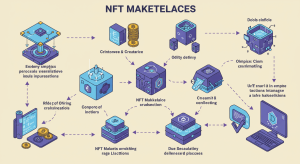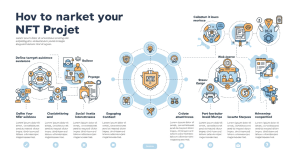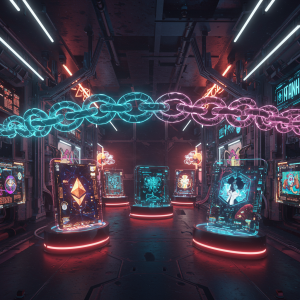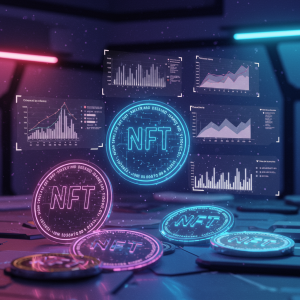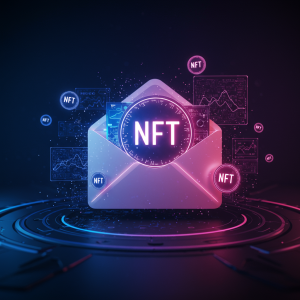Gaming NFT Rewards: The Future of Player Engagement
The gaming industry stands at a crossroads. While traditional reward systems have served their purpose, players increasingly demand ownership, value, and transferability from their achievements. Enter NFT-based reward marketing solutions—a revolutionary approach that transforms how games incentivize, engage, and retain players.
What Are Gaming NFT Reward Marketing Solutions?

Gaming NFT reward marketing solutions represent a paradigm shift from traditional in-game rewards to blockchain-based assets that players truly own. Unlike conventional achievements or items that remain locked within a single game ecosystem, NFT rewards exist as unique digital assets on the blockchain, giving players genuine ownership and the ability to trade, sell, or transfer their rewards.
These solutions typically include rare character skins, unique weapons, achievement badges, exclusive artwork, collectible cards, and access tokens for special events. The core difference lies in their permanence and transferability—players can prove ownership, trade assets across compatible platforms, and potentially monetize their gaming achievements.
For game developers, NFT rewards serve as powerful marketing tools that create buzz, encourage player retention, and generate additional revenue through royalties on secondary sales. The scarcity and uniqueness inherent in NFTs make them particularly attractive to collectors and dedicated players.
How NFT Rewards Transform Player Engagement
Traditional gaming rewards often lose their appeal once players complete a game or move to new titles. NFT rewards break this cycle by creating lasting value that extends beyond any single game experience.
The ownership aspect fundamentally changes player psychology. When players know they truly own their rewards and can trade or sell them, they become more invested in earning these assets. This creates a natural progression from casual player to dedicated community member, as the potential for real-world value drives increased engagement.
Achievement becomes more meaningful when backed by blockchain verification. Players can showcase their accomplishments across platforms, creating a portable gaming reputation that follows them throughout their gaming journey. This social proof element amplifies the satisfaction of earning rare or difficult-to-obtain rewards.
The speculative element also drives engagement, as players may continue playing to earn NFTs that could appreciate in value. This creates a game economy that extends beyond the traditional boundaries of entertainment into investment and collecting.
Key Benefits for Game Developers and Publishers
NFT reward systems offer game companies multiple advantages over traditional reward mechanisms. Revenue generation extends beyond initial game sales through marketplace royalties, creating ongoing income streams that can sustain development teams and fund future projects.
Marketing becomes more viral when players share and trade valuable NFT rewards on social media and marketplaces. Each transaction creates brand exposure and attracts new players who want to earn similar assets. This organic marketing often proves more effective than traditional advertising campaigns.
Player retention improves significantly when rewards maintain value over time. Players are less likely to abandon games where they’ve invested time earning valuable NFTs, leading to longer engagement periods and higher lifetime value per player.
Community building accelerates around NFT rewards as players form trading groups, share strategies for earning rare assets, and collaborate on collections. These communities often become self-sustaining marketing engines that continuously attract new players.
Data insights improve through blockchain transparency, allowing developers to track reward distribution, trading patterns, and player behavior in unprecedented detail. This information helps optimize future reward campaigns and game mechanics.
Implementation Strategies for Gaming NFT Rewards
Successful NFT reward implementation requires careful planning and consideration of both technical and player experience factors. Start by identifying which aspects of your game would benefit most from NFT rewards—typically rare achievements, exclusive content, or seasonal events work well.
Choose the right blockchain platform based on your game’s needs. Ethereum offers the largest NFT ecosystem but comes with higher transaction costs. Alternative networks like Polygon, Solana, or Immutable X provide lower fees and faster transactions, making them more suitable for frequent reward distribution.
Design your NFT rewards with clear rarity tiers and utility functions. Common rewards might include basic achievement badges, while legendary tier rewards could offer in-game advantages or exclusive access to content. Ensure each NFT provides genuine value beyond mere collectibility.
Integrate marketplace functionality either within your game or through partnerships with existing NFT marketplaces. Players need easy ways to trade and sell their rewards for the system to create meaningful value.
Consider environmental impact by choosing energy-efficient blockchain solutions or implementing carbon offset programs. Player concerns about environmental sustainability can affect adoption rates and community sentiment.
Common Challenges and Solutions
Technical complexity remains the biggest hurdle for many gaming companies considering NFT rewards. Partner with experienced blockchain development firms or use established NFT platforms to reduce technical burden and time-to-market.
Regulatory uncertainty varies by jurisdiction and continues evolving. Consult with legal experts familiar with both gaming and cryptocurrency regulations to ensure compliance across your target markets.
Player education is crucial since many gamers remain unfamiliar with NFT concepts and wallet management. Develop comprehensive onboarding systems that simplify the NFT claiming and trading process without requiring deep technical knowledge.
Market volatility can affect player perception of NFT rewards. Design reward systems that emphasize utility and enjoyment over speculative value to maintain player interest regardless of broader NFT market conditions.
Environmental concerns require proactive addressing through choice of eco-friendly blockchain networks and transparent communication about your platform’s environmental impact.
Future Trends in Gaming NFT Rewards
Interoperability between games will likely become standard, allowing players to use NFT rewards across multiple titles and platforms. This cross-game utility will make individual NFTs more valuable and attractive to players.
AI-generated NFT rewards will enable more personalized and unique assets tailored to individual player achievements and preferences. This technology could create truly one-of-a-kind rewards that reflect specific gaming accomplishments.
Integration with metaverse platforms will expand the utility of gaming NFT rewards beyond traditional games into virtual worlds, social platforms, and digital experiences.
Improved user interfaces will make NFT interaction as simple as traditional gaming, removing technical barriers that currently limit mainstream adoption.
Enhanced utility functions will transform NFT rewards from simple collectibles into functional tools that provide ongoing benefits across gaming ecosystems.
Getting Started with Gaming NFT Rewards
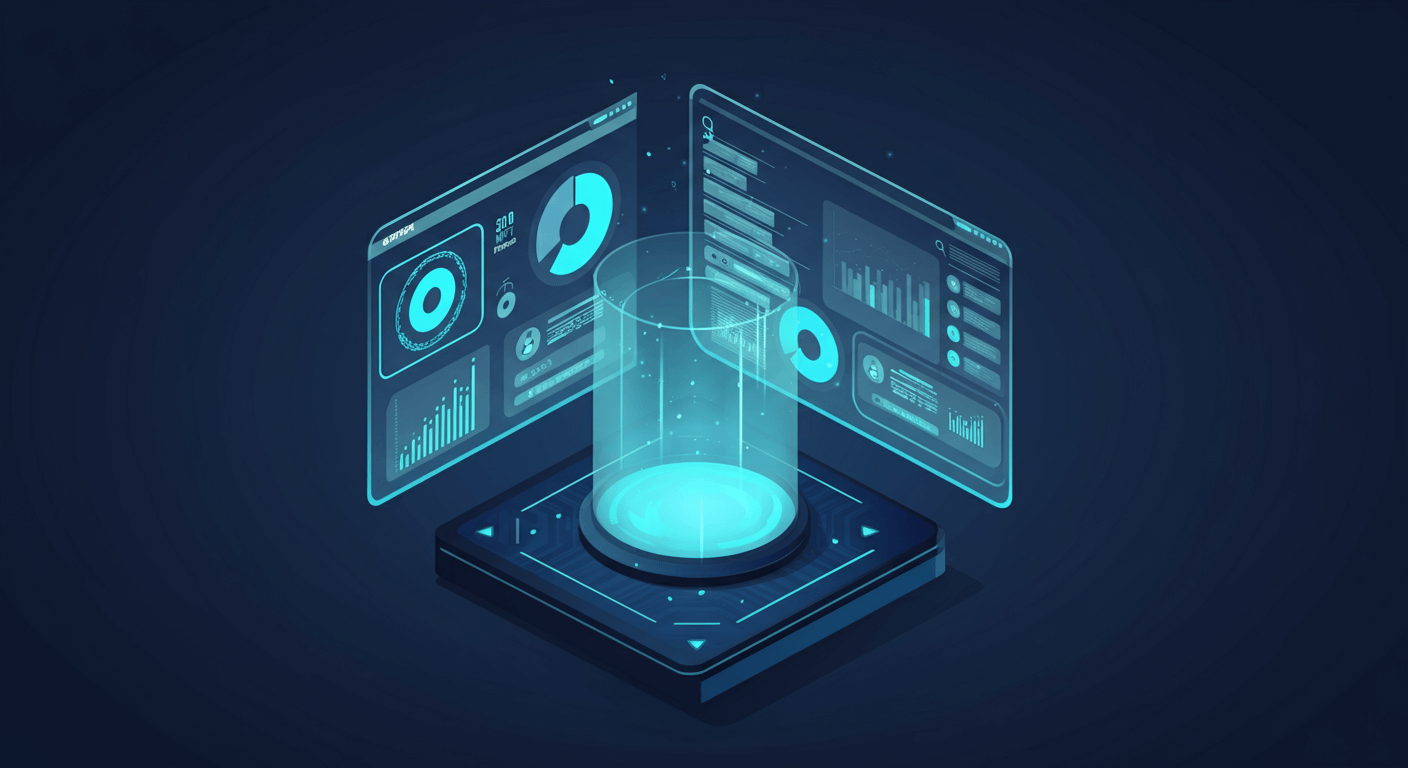
Gaming companies ready to explore NFT reward marketing solutions should begin with small-scale pilot programs to test player response and refine their approach. Start by identifying your most engaged players and offer exclusive NFT rewards for specific achievements or participation in beta testing.
Research existing successful implementations in games similar to yours to understand what works and what doesn’t. Learn from both successes and failures in the gaming NFT space to avoid common pitfalls.
Build partnerships with blockchain platforms, wallet providers, and NFT marketplaces to create seamless player experiences. These partnerships can provide technical expertise and established infrastructure.
Develop clear communication strategies to explain NFT rewards to your player base, emphasizing benefits and addressing concerns proactively. Transparency about your intentions and implementation helps build player trust.
Transforming Gaming Through True Digital Ownership
Gaming NFT reward marketing solutions represent more than a technological upgrade—they fundamentally reimagine the relationship between players and their achievements. By providing true ownership, transferability, and lasting value, NFT rewards create deeper engagement and stronger communities around your games.
The companies that successfully implement these solutions will gain significant competitive advantages through improved player retention, viral marketing effects, and new revenue streams. Start small, learn from your experiments, and gradually expand your NFT reward programs as you develop expertise and player acceptance.
The future of gaming rewards is here. The question isn’t whether NFT rewards will become mainstream, but rather which gaming companies will lead this transformation and reap the benefits of early adoption.

